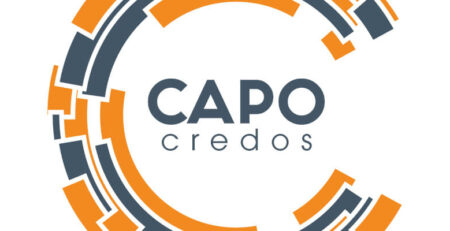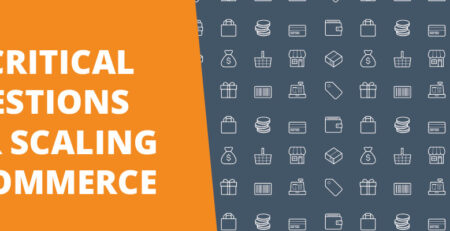Scoring Your Way to the Right Digital Commerce Partner
Selecting an e-commerce development partner – the most critical element in building and deploying your storefront – can be painfully costly if you choose unwisely.
Times have changed, technology has changed, and what you look for in a partner needs to change. Too many companies have failed to get their e-commerce operations to scale to real, meaningful channels. They’re tired of running into dead ends with their current partners.
So what’s the answer?
Breaking out of the usual partner selection methods is the first step. The typical strategy is to either use a partner and platform you’ve used in the past or to rely on a trusted referral. These aren’t bad methods, but they preclude the opportunity to explore new companies, new models, and new strategies.
Use a weighted scorecard to assess the best fit
The best place to start is the platform publisher for a partner recommendation. Talk to the publisher and its field representatives about their partner certification program and identify their top-performing partners.
The important thing for partner candidates is selection criteria that is very specific to your engagement. That’s where a skillfully crafted, weighted scorecard lets you assess the best fit, free of emotion or other factors that can lead to eventual misalignment. Numbers don’t lie, which makes a scorecard particularly quantifiable and defensible.
When you define the most important attributes of an e-commerce consultant partner for your company, you filter out the non-relevant considerations. Such as how likable the sales guy is or how much you enjoyed that Lakers game they treated you too.
The ideal scorecard contains the important elements to measure and assigns the proper weight for each. It is an honest tool that reflects the perspectives of many people and multiple departments. No single person can bias the decision with agenda-driven math.
So what should – and shouldn’t – be priorities on your scorecard? This will vary by company, but one priority that should always be number one is subject matter expertise. A partner must understand your company and your products and how people buy from you.
Otherwise, they’ll never be able to provide an integrated, scalable solution that has all the key elements, including digital marketing. A partner who doesn’t understand the buyer will never produce a site conducive to purchase conversions. You might spend a ton of money getting people to the site, but they won’t buy if the site wasn’t built with the customer in mind.
Another priority: experience in analytics, understanding everything about the customer journey and the nature of your traffic and conversions. Examine your potential partner’s capabilities by looking closely at their client portfolio and grilling them on how they achieved success. The same goes for the e-commerce platform development experience, another important factor. You want someone with a track record and demonstrated expertise.
Also, your partner should be willing to make recommendations. Some partners are reluctant to do that, fearing that responsibility shifts back onto them. If you want honest guidance, you need a partner that can provide it.
Resources and talent pool are key factors
How about the less-important scorecard elements? Many companies overemphasize the size and longevity of potential partners. A partner with just one year in business may not be a good choice, but a company that has done e-commerce for 20 years might not be either. The first company may be inexperienced, but the second could be complacent and stuck in its ways.
The sweet spots are healthy experience and a strong portfolio of success. Resources and talent pool are far more important than longevity and size.
Which leads us to in-house resources, another overemphasized partner attribute. Quality, experienced domestic technical talent is scarce and expensive. Looking only at companies that use domestic talent guarantees high billing rates and a real risk that an all-domestic partner won’t have enough resources to apply to your project, endangering your timeframe and your budget.
There is a world of smart, talented folks out there, with the subject matter expertise you need. They just happen to live in other countries.
In the final analysis, there are partners who will build great infrastructure, but who lack expertise in delivering a first-class user experience. And there are fancy ad agencies that can give you a great-looking system that breaks as soon as you try to build on it. Finding the middle ground is what you need to do, and a scorecard can be your guide.
Signing on the dotted line with a partner is a huge financial and resource commitment. When a scorecard guides you to a better decision, it saves a lot of headaches and heartburn down the road.





